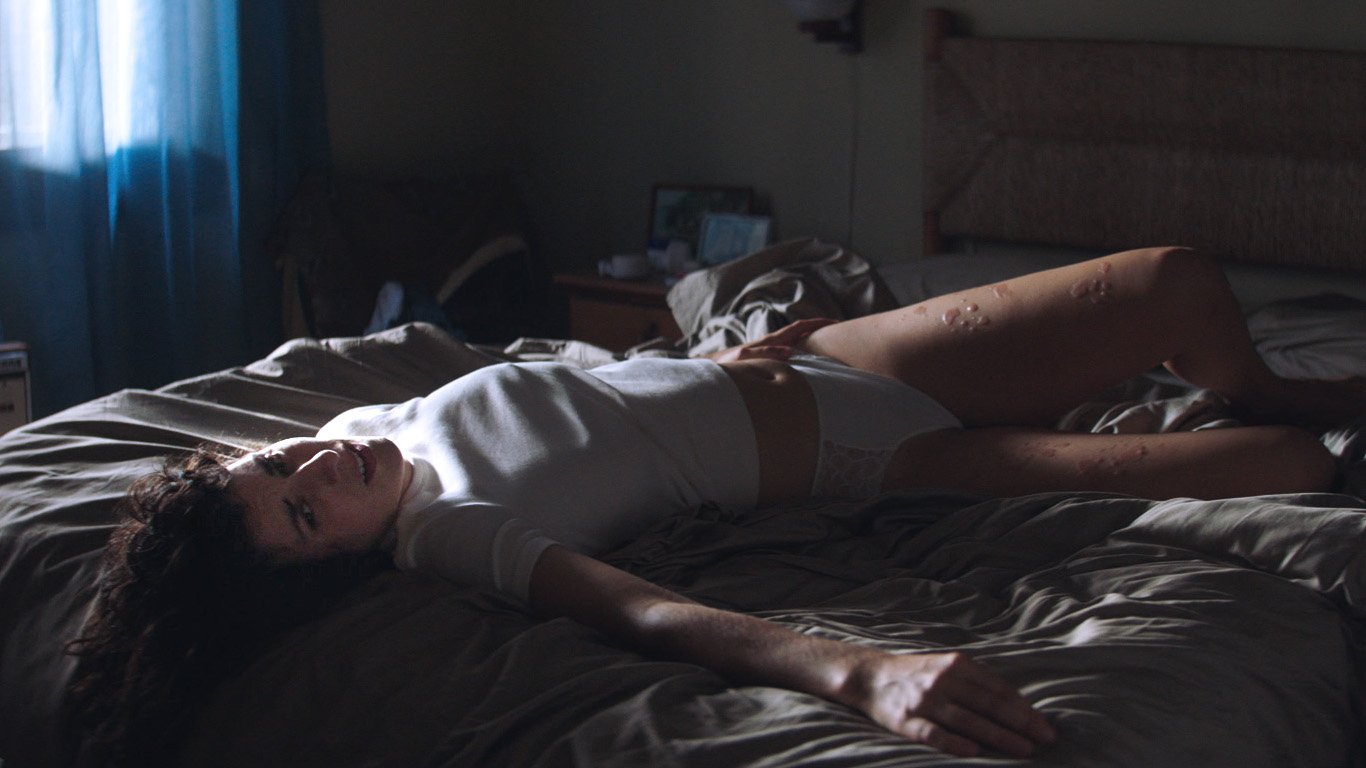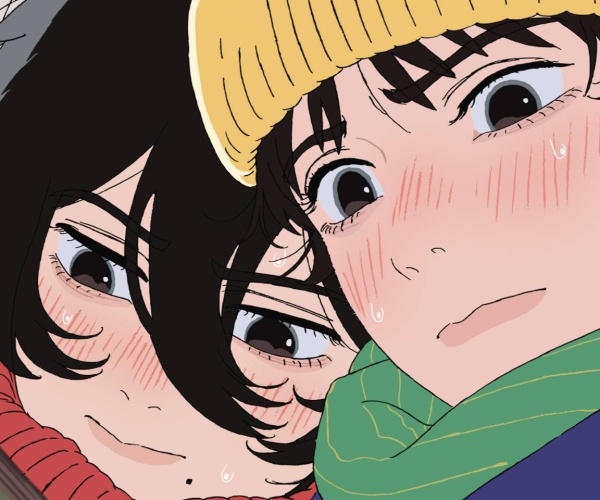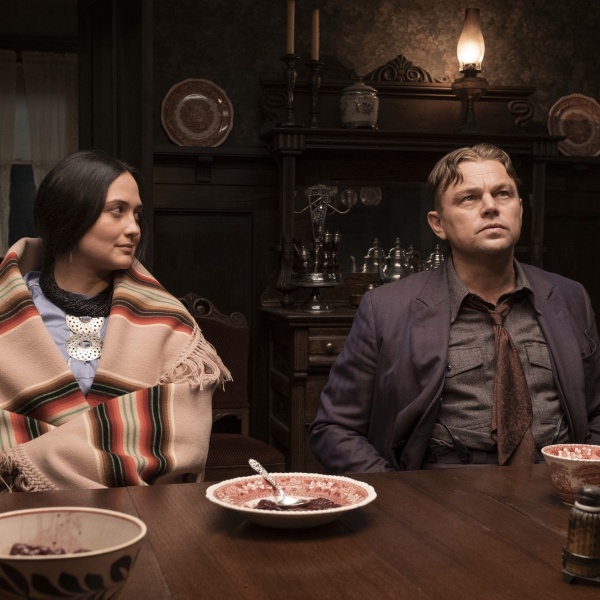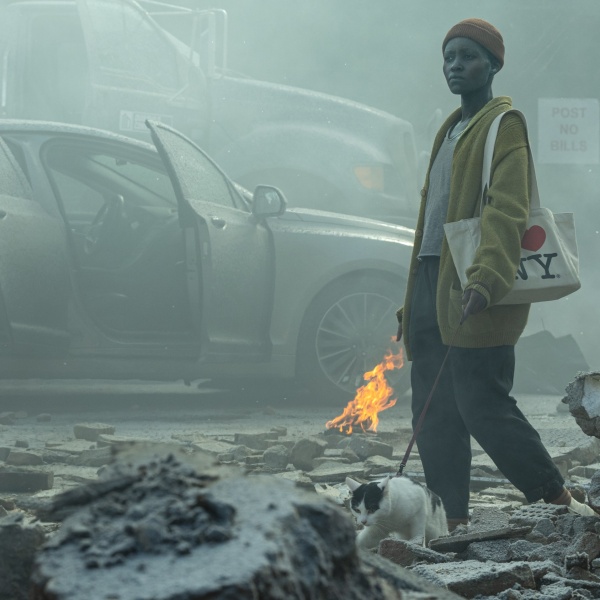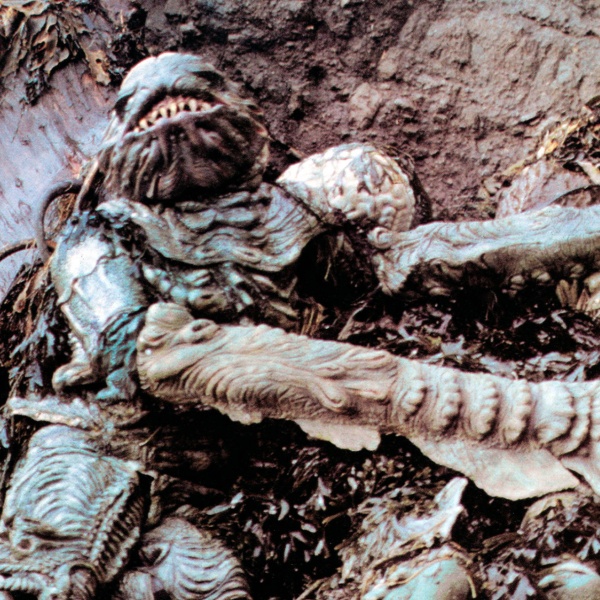There’s an unnerving veil hanging over the windswept beaches and quaint rural milieus that make up “Creatura,” a brave and remarkably self-assured personal excavation film. Hailing from Catalan filmmaker and actress Elena Martín Gimeno, whose performance as the central figure Mila is both reassuring and vulnerable, “Creatura” follows one woman’s relationship to her body, desire, and sexuality, beginning with adulthood and eventually leading to her earliest childhood memories. The film observes an erratic adult Mila as she drifts through a series of adolescent memories. As various chapters from youthful summers unfurl like dreams, she attempts to heal her relationship with her body. Elegantly crafted and brazen in perspective, the film was awarded Best European Film at the 2023 Cannes Directors’ Fortnight.
It’s provocative, yes, but not overly titillating. Gimeno’s film is honest about the way girls are alienated from their own desires at every stage of development. Young Mila is shamed for seeking pleasure, her natural curiosity met with disgust and unease. As accustomed as we are to seeing distorted stories of female sexuality onscreen, it’s impossible not to spend much of the movie braced for some horrible trauma to be revealed. Mercifully, one never comes. But the fact that even small transgressions hold such power over Mila years later is its own tragedy, too. Under Gimeno’s deepening gaze, there are no small infractions. When it comes to sexuality, every intimated lesson becomes gospel.
While the most important action in the film is internal, “Creatura” begins with a little girl sitting on the edge of a bed, either scratching or rubbing her vulva a little too vigorously. When she’s interrupted by her mother calling her name, she looks up — caught. We next meet 35-year-old Mila (Gimeno) and her partner Marcel (Oriol Pla), who are moving into her family’s summer home in Costa Brava after the death of her grandmother. They hug and kiss goodbye to her mother Diana (Clara Segura) and father Gerard (Alex Brendemühl), exchanging mentions of a visit later in the summer.
That night, Mila initiates sex with Marcel, though he seems reluctant to put down his book. Once roused, he finds his groove until Mila stops him multiple times to stare into her eyes. Unable to continue, he retreats in frustration. The next morning, she wakes up with a terrible rash all over her upper thighs and stomach. The couple repeats this cycle many times throughout the film, caught in an agonizing and confusing dance of pursuit and rejection. Both confused, Mila understands little of what is ailing her, and hapless Marcel is left on the outside. When a local waiter greets Mila warmly at dinner the next night, Marcel curtly points out he was staring at her chest.
When the film jumps back in time to Mila’s teenage years, she is now in the same house with her parents. Gimeno wisely keeps these chapters fairly self-contained, lingering long enough in the past to create a full vignette. As such, they don’t feel like flashbacks so much as memories or dreams that Mila must interpret along with the audience. Mila at 15 (Clàudia Dalmau) is lively and curious, though not as bold as her more mature friend, who is perfectly delighted to flash her bra to random men on Messenger.
When they happen upon a man touching himself, Gimeno steadies on the girls’ faces as their eyes first widen and then affix on the action — totally rapt. Teenage Mila is popular with the boys, though she soon learns it may be for the wrong reasons. Her frisky friend has been labeled a slut, as her paramour of the summer informs her. Suddenly made aware how easily the same fate could befall her, she tries to rebuff his advances but is pressured into a furtive handjob.
Back in adulthood, Mila leaves the house after another argument with Marcel. Sneaking into the bar after hours, she dances and flirts with the waiter, who playfully accuses her of engaging in “regional tourism.” When she’s done here, she’ll go back to Barcelona and forget all about him. Back home and clearly turned on by her brush with adultery, she encourages Marcel to pretend she’s a stranger. The classic roleplay works at first, until Mila has to go and bring the waiter into it. Shortly thereafter, Marcel absconds to Barcelona without a word. When he returns, he says he needed a night with the boys.
The past-facing parts of the film move backward in time, with the final chapter landing on the 5-year-old child Mila (Mila Borràs) from the opening shot. This little girl Mila has a fixation on her Papa, insisting he be the one to tell her bedtime stories and clinging to his broad shoulders in the ocean. Putting her to bed, she asks him to rub her bum after observing a couple on the beach. Sitting on an uncle’s lap, she bounces vigorously on his knee until he becomes uncomfortable and puts her down. The whole vignette ends with her father’s angry outburst after she interrupts her parents in bed.
These childhood scenes with her father feel charged, mostly because of what we’re primed for in stories about sexual repression. But nothing distinctly horrible ever happens to Mila, other than her innocent exploration being met with discomfort and eventually rage. In an adulthood scene with her father, Mila wonders if she makes him uncomfortable. She can’t figure out why they’re not more physically affectionate after she lays her head on his shoulder and he pulls away. He doesn’t have answers for her, though her line of questioning drives him off the couch. A visit from her mother offers little explanation, though she does reveal that Mila always needed her bum rubbed to go to sleep.
The memories are evocative and elegantly told, though they don’t add up to any grand revelation. Nothing in Mila’s childhood seems like the kind of thing that would make a grown woman break out into hives after sex. Like Mila, we’re left wondering where all of her confusion and pain comes from, and where it’s going. Even the film’s poetic final image leaves ample room for interpretation, though it’s undoubtedly optimistic about Mila’s healing journey. When in doubt, return to the sea.
Grade: B+
“Creatura” premiered at the 2023 Cannes Film Festival Directors’ Fortnight, where it won the Europa Cinemas Label prize for best European film. It is currently seeking U.S. distribution.
